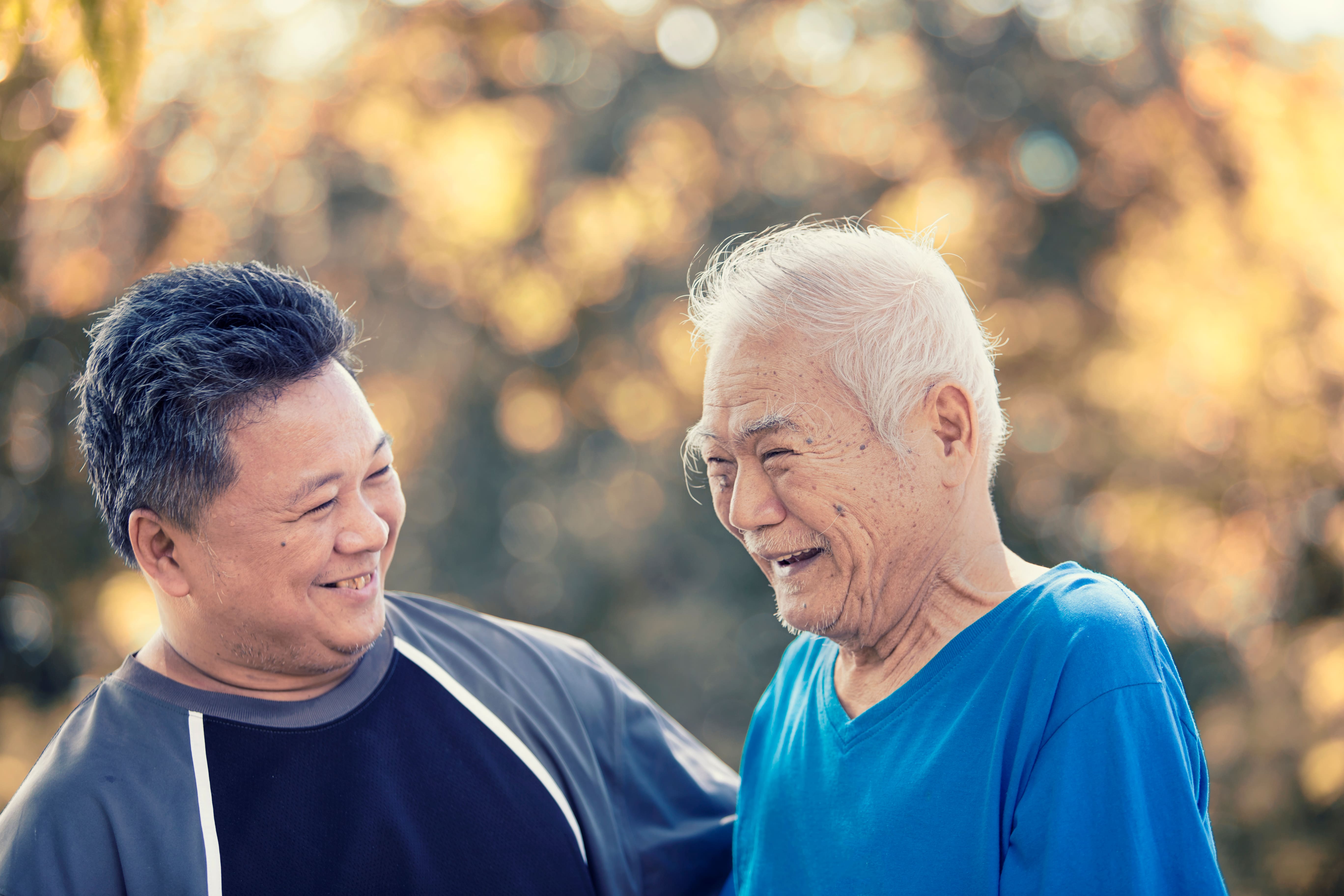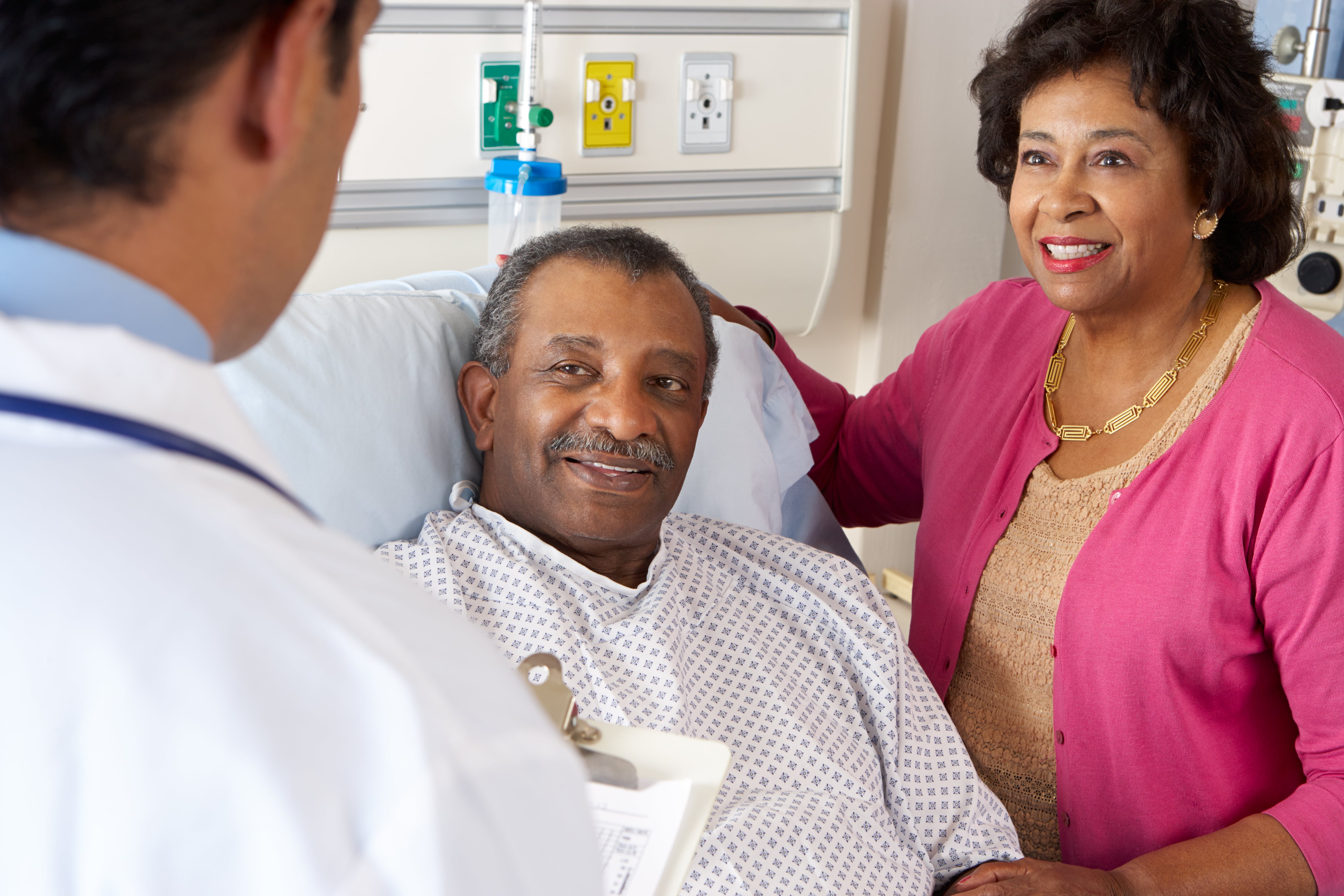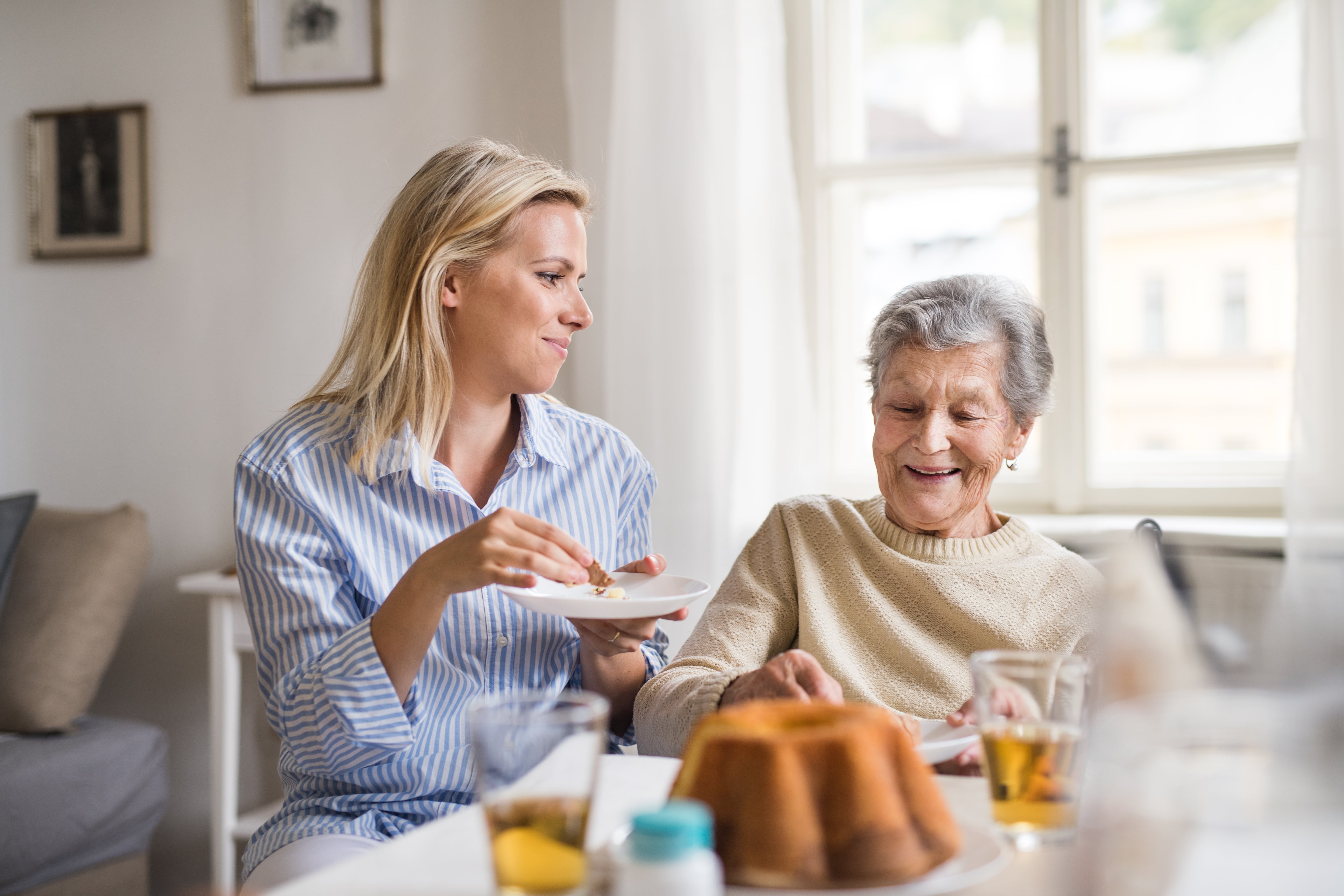Resources
Mobile Resource Library Tabs
Filters
Search
Categories Navigation
Asset Publisher
Content with Target Audience Family Members or Friends .
Resources

Making the Most of Mealtime: Eating, Swallowing & Dignified Dining for Individuals with Dementia & IDD
Eating and food are at the center of many of life’s occasions, celebrations and moments together with loved ones. Of course, eating is also a necessity—we rely on nutrition and hydration to survive. But what happens to these important and essential moments when dementia affects a loved one’s eating? In what ways can a loved one’s ability to interact with food begin to change? This webinar explains some of the changes that may make mealtime challenging when caring for someone with dementia, and provides tips on how to set up the eating environment for successful mealtimes. It also focuses on swallowing disorders for individuals with dementia and intellectual and developmental disabilities, and how to balance safety concerns while ensuring a dignified dining experience.
WatchBy Elizabeth Kinzig | 05/23/2022

What to Know About Recent Government Policies to Support People with Dementia and their Caregivers
The Untied States government has always been a key player in the fight against dementia, but recently it has made an even greater national commitment to address this serious threat to national health. We outline just three recent dementia-related public policies that older adults with dementia and their caregivers should know.
Read MoreBy Julie Hayes | 05/16/2022

Helping Older Loved Ones Face Changes in Mental Health
For older adults, mental illness is a conversation made difficult by stereotypes. Assumptions like “Old people are just stubborn” or “He’s become mean as he’s aged” cause many to dismiss mental illness in older adults. For caregivers, messages like these can make it difficult to differentiate mental illness from what are considered “normal parts of aging.”
Read MoreBy Kerstin Yoder | 05/16/2022

What to Know as a Caregiver Before a Loved One’s Hospital Visit
As caregivers, we may encounter sudden changes in a loved one’s health or behavior due to a chronic illness or accident, like a fall. This can be especially worrisome if these changes occur in the middle of the night. We want to get them the help they need as soon as we can, but the first challenge may be trying to decide what is the appropriate place to receive care.
Read MoreBy Lauri Scharf | 05/16/2022

Managing a Loved One with Dementia’s Sensory Challenges
Dementia can change a loved one’s ability to experience these five senses, and that can have a huge impact on how they view the world. Their favorite food might not taste the same way. They may be startled by the sound of laughter they used to love. They may draw away from a once familiar touch. As a caregiver, it’s important to recognize these changes, and to help make your loved one’s world a more comfortable, less overwhelming place to be for each of their five senses.
Read MoreBy Julie Hayes | 04/15/2022
